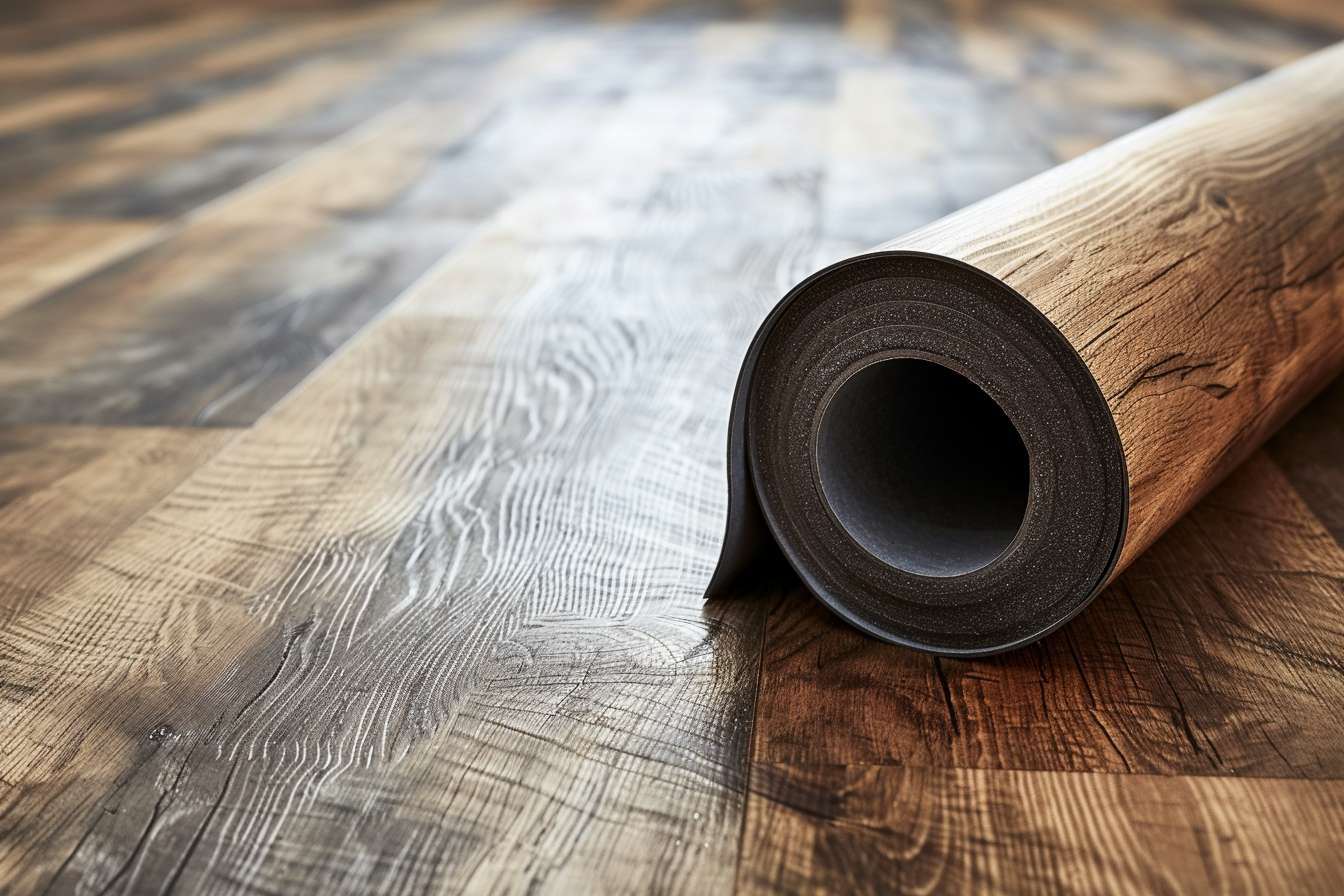How to Choose the Right Flooring Installation for Commercial Spaces
Commercial spaces require durable, attractive flooring that can withstand heavy foot traffic and frequent cleaning. This guide explores various commercial flooring options, installation costs, and the best choices for high-traffic areas, helping you make an informed decision for your business premises.

What are the most popular commercial flooring options?
Commercial spaces have diverse flooring needs, and several options have emerged as popular choices due to their durability and versatility:
-
Luxury Vinyl Tile (LVT): Known for its durability and wide range of design options, LVT mimics the look of natural materials like wood or stone while offering superior water resistance and easy maintenance.
-
Epoxy Flooring: Ideal for industrial settings, epoxy flooring provides a seamless, chemical-resistant surface that can withstand heavy machinery and foot traffic.
-
Commercial Carpet Tiles: These offer easy installation and replacement, sound absorption, and a comfortable walking surface, making them popular in office environments.
-
Polished Concrete: A cost-effective option that provides a modern, industrial look while being extremely durable and low-maintenance.
-
Rubber Flooring: Often used in gyms and healthcare facilities, rubber flooring offers excellent shock absorption and slip resistance.
How much does commercial flooring installation typically cost?
The cost of commercial flooring installation can vary significantly based on factors such as the type of flooring, the size of the space, and the complexity of the installation. Here’s a general pricing guide:
| Flooring Type | Average Cost Per Square Metre (Installed) |
|---|---|
| LVT | £30 - £60 |
| Epoxy | £50 - £100 |
| Carpet Tiles | £20 - £50 |
| Polished Concrete | £40 - £80 |
| Rubber | £40 - £70 |
Prices, rates, or cost estimates mentioned in this article are based on the latest available information but may change over time. Independent research is advised before making financial decisions.
What are the best flooring options for high-traffic areas?
High-traffic areas in commercial spaces require flooring that can withstand constant use without showing signs of wear. The best options include:
-
Porcelain Tiles: Extremely durable and resistant to scratches, stains, and moisture.
-
LVT: Offers excellent wear resistance and can be easily replaced if damaged.
-
Polished Concrete: Highly durable and can be sealed for additional protection.
-
Commercial-Grade Carpet Tiles: Designed to withstand heavy foot traffic and can be individually replaced if worn or stained.
-
Rubber Flooring: Provides durability and shock absorption, making it ideal for areas with constant movement.
What factors should be considered when choosing commercial flooring?
Several key factors should influence your commercial flooring decision:
-
Durability: Consider the expected foot traffic and potential for spills or impacts.
-
Maintenance Requirements: Some flooring options require more frequent cleaning or specialized care.
-
Safety: Slip resistance is crucial, especially in areas prone to moisture.
-
Aesthetics: The flooring should complement your brand and overall interior design.
-
Cost: Consider both initial installation costs and long-term maintenance expenses.
-
Environmental Factors: Some flooring options are more eco-friendly than others.
-
Acoustics: In office environments, sound absorption may be an important consideration.
What are the latest trends in commercial flooring installation?
The commercial flooring industry is constantly evolving, with several trends gaining popularity:
-
Biophilic Design: Incorporating natural elements and patterns into flooring designs to create a connection with nature.
-
Sustainable Materials: Growing demand for eco-friendly flooring options made from recycled or renewable materials.
-
Mixed Materials: Combining different flooring types to create unique, zoned spaces within larger areas.
-
Bold Patterns and Colors: Using flooring as a design element to make a statement or guide foot traffic.
-
Antimicrobial Flooring: Increased focus on hygiene has led to the development of flooring with built-in antimicrobial properties.
How can businesses ensure a successful flooring installation?
To ensure a successful commercial flooring installation:
-
Hire Experienced Professionals: Choose installers with specific experience in commercial projects.
-
Prepare the Subfloor: Proper subfloor preparation is crucial for longevity and performance.
-
Consider Timing: Plan the installation during off-hours or slower business periods to minimize disruption.
-
Test for Moisture: Conduct moisture testing to prevent future issues, especially with moisture-sensitive flooring types.
-
Follow Manufacturer Guidelines: Adhere to specific installation and maintenance instructions for your chosen flooring.
-
Plan for the Future: Consider how your flooring choice will accommodate potential changes in your business needs.
Choosing the right flooring installation for commercial spaces requires careful consideration of various factors, from durability and cost to aesthetics and maintenance. By understanding the available options and latest trends, businesses can make informed decisions that enhance their spaces while meeting practical needs. Remember to consult with flooring professionals to ensure the best choice for your specific commercial environment.




